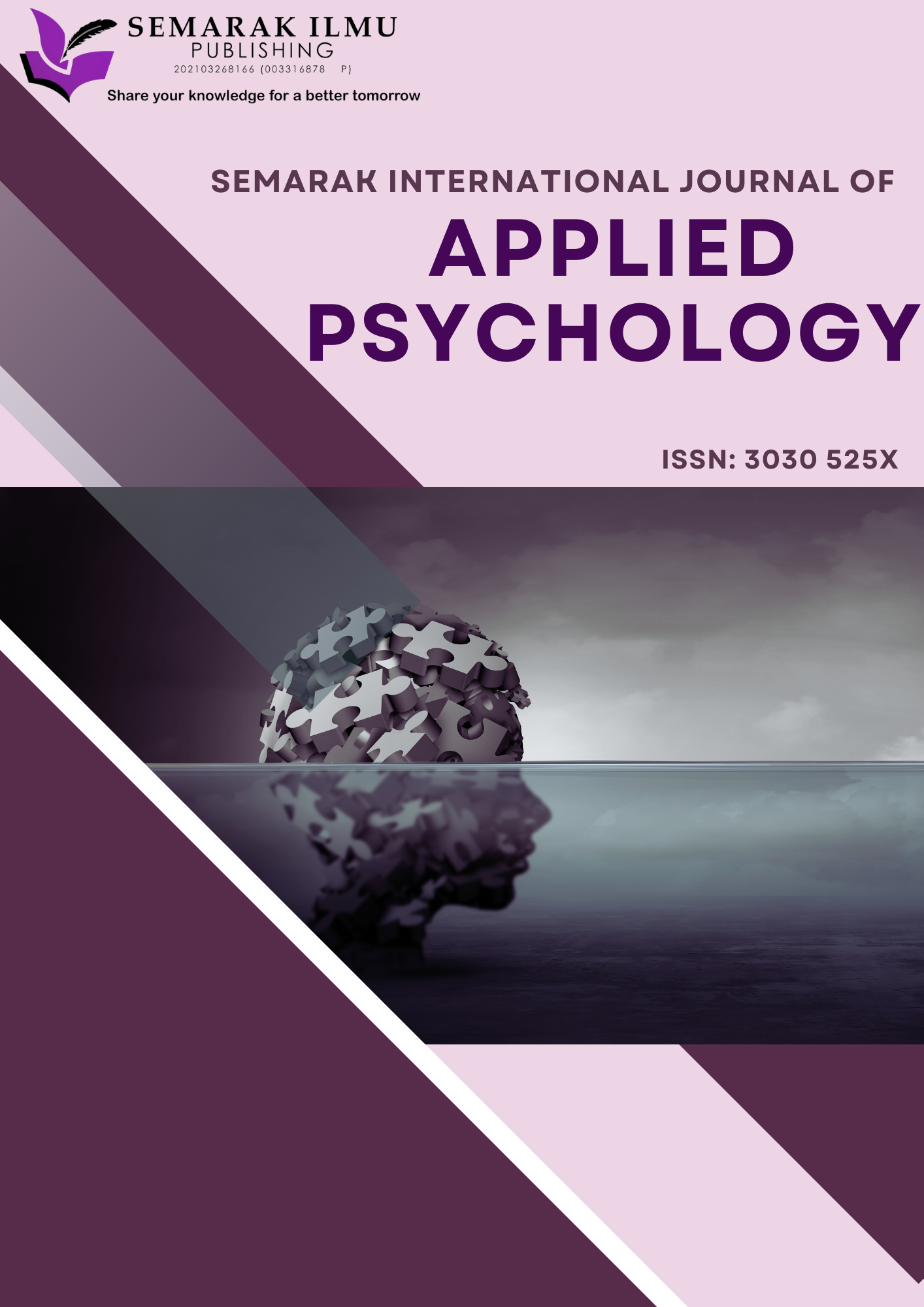Sustainable Co-Working Spaces in Education Institutions: A Data-Driven Analysis of Attributes Influencing Human Interaction
DOI:
https://doi.org/10.37934/sijap.5.1.6579Keywords:
Educational co-working space, sustainable co-working space, impact of sustainable attributes, informal learning environments, human interaction, social interaction, survey, SDGAbstract
Co-working spaces have gained significant attention as flexible work environments. However, the specific attributes of sustainable co-working spaces that most influence human interaction, particularly in educational institutions, remain underexplored. There is a lack of such space in education institutions for students’ self-studying and self-development outside of formal learning hours. This study focuses on respondents within educational institutions, addressing a significant research gap in sustainable co-working space design for these settings. It aims to identify and evaluate the impact of sustainable co-working space attributes on human interaction. An online survey was developed on Google Forms and distributed via social media platforms, resulting in 65 responses from persons from various levels of education institutions. Using survey data collected from participants, the perceived impact of various attributes – ranging from functional attributes to sustainable attributes – was analysed. A combination of descriptive statistics, ANOVA tests, and post-hoc analyses were conducted to examine significant differences in the perceived impacts of these attributes. Results reveal that core attributes like internet access and open layouts significantly enhance human interactions, while sustainability-focused attributes like green furniture and energy-efficient designs exhibit lower perceived impact. The findings were translated into a prototype sustainable co-working space for a future validation study. These findings underscore the importance of prioritising attributes that foster communication and collaboration in sustainable co-working space design for educational institutions. The study provides actionable recommendations for creating user-centric, sustainable co-working spaces that optimise human interaction.
Downloads














